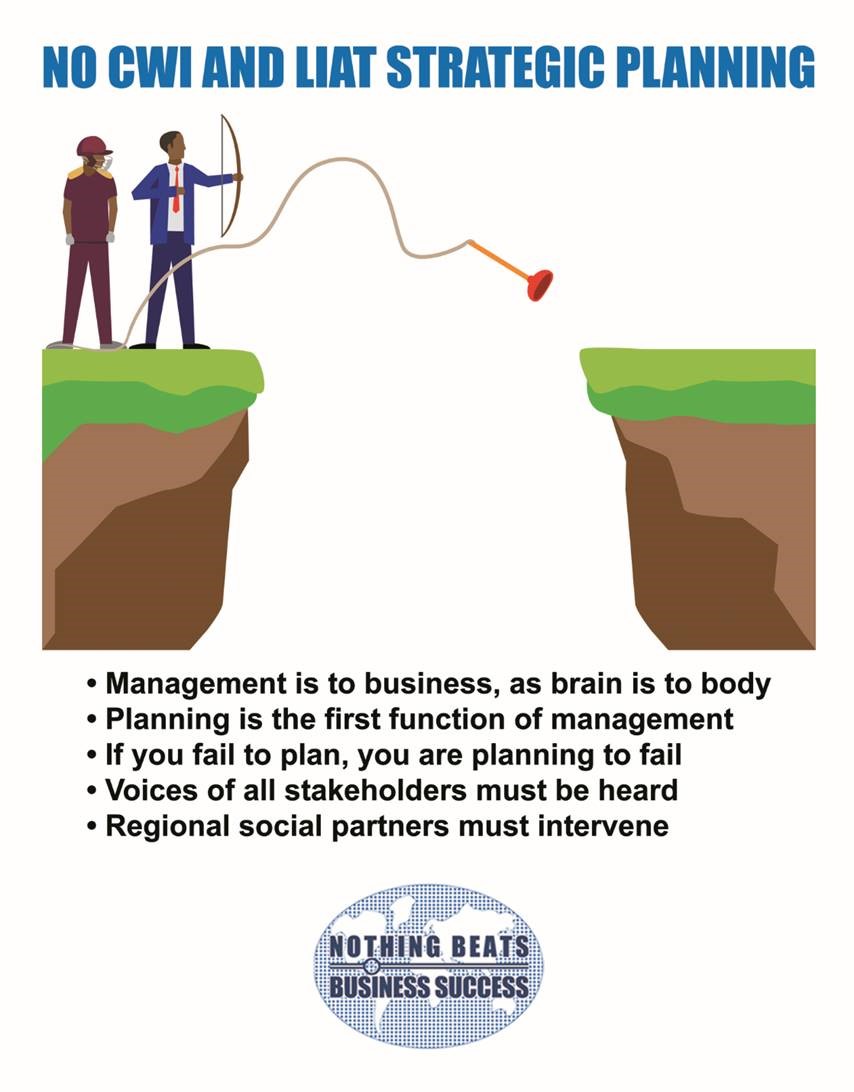“Finally, brethren, whatsoever things are true, whatsoever things are honest, whatsoever things are just, whatsoever things are pure, whatsoever things are lovely, whatsoever things are of good report; if there be any virtue, and if there be any praise, think on these things.” – Philippians 4:8
The systems of a human body may be classified as (1) structural – skeleton and muscles, (2) protection – skin, hair, nails and immunity, (3) life – respiratory and cardiovascular, (4) growth – food intake and excretion, and (5) sustainability – procreation.
The brain plays an important role in the efficient working of every major body system. The human body is robust, and how the brain seamlessly performs its business is a wonder.
Similarly, the five systems of a business may be classified as (1) structural – good corporate governance, (2) protection – financial risk management, (3) life – marketing to generate revenue, (4) growth – efficient and excellent technical and support operations, and (5) sustainability – human resource development.
Management, which involves the functions of planning, organization, staffing, leadership and monitoring, performs the same role in a business as the brain does in a human body.
If we are to perform wonders in the context of the sustainability of West Indies cricket led by Cricket West Indies and the sustainability of regional air transportation led by LIAT (2019) Limited, then all of the functions of management must be systematically respected and we must take an innovative approach to change the fortunes of these important Caribbean businesses.
The planning function is the first and probably the most important function of management. If you fail to plan, you are planning to fail! There is no report of CWI conducting a structured strategic visioning exercise involving all stakeholders to determine its rolling four-year strategic plan from which its annual action plans will arise. In its place what has been witnessed is the shooting from the hip to uphold manifesto promises which were different from what the previous administration appeared to be doing when it demitted office.
There has been an attempt to establish committees in the context of the organization, but in the absence of a strategic plan, the work of these committees may not be optimal.
There has been precipitous action in changing one set of interim staff for another without the benefit of a strategic plan.
The elected leadership has been spending much energy executing, but how do the stakeholders judge their performance if there is no shared plan and no objective targets set to be monitored on a quarterly basis.
There was a major crisis a few months ago in LIAT (1972) Limited. Imminent closure was forecast if the company could not raise funds immediately. The company is still operating so that a temporary plaster must have been found for that sore.
The disturbing thing is, like CWI, there has been no inkling of an attempt at a structured strategic visioning exercise involving all stakeholders. The only thing that has been made public is a meeting with two shareholders of the airline. It has been reported that one shareholder said that these talks have broken down. Soon after, it was reported by the other shareholder that he was not aware that the talks had stalled. How long is the airline going to limp along with this patchwork approach? Why don’t the social partnership leaders go straight to the classical approach of strategic planning? A solution to the Caribbean transportation problem cannot be solved by myopic regional thinking.

The social partners must save us. They must think strategically on CWI and LIAT and involve all stakeholders. The values of truth, honesty, justice, purity, love, goodness and virtue must prevail in the interest of preventing socio-economic demise in these two important sub-sectors.
